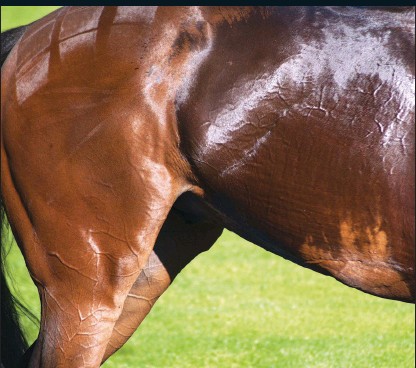-
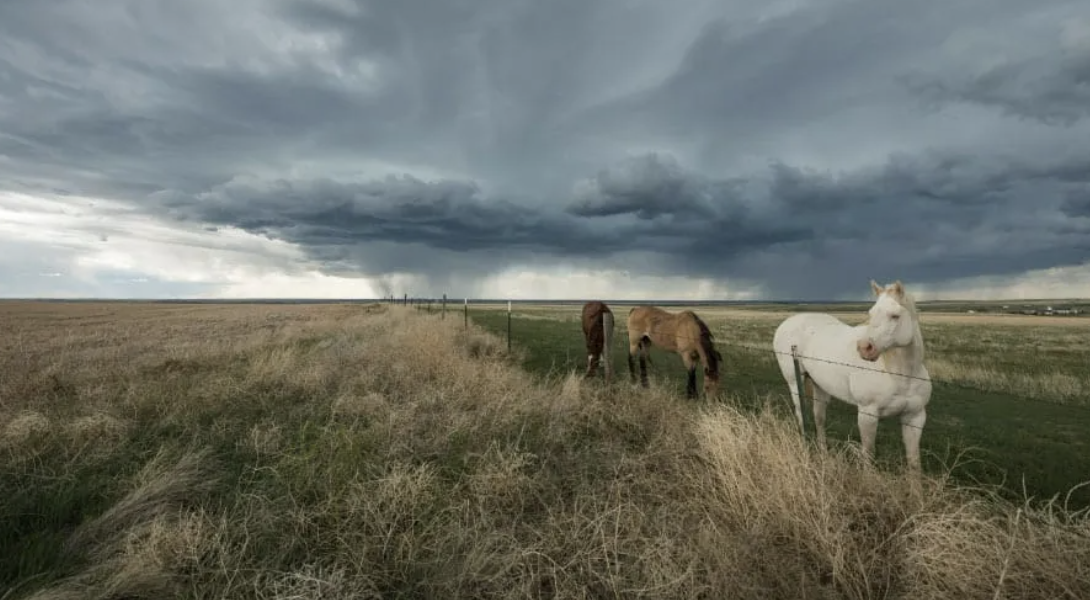
Protecting Horses in Natural Disasters
Protecting horses in natural disasters is crucial to their safety and well-being. Horses can be particularly vulnerable during events like tornados, hurricanes, wildfires, floods, or earthquakes. Here are some essential steps to help ensure the safety of horses during natural disasters: Emergency Plan: Identification: Transportation: Safe Shelter: Stock Up on Supplies: Evacuation Plan: Emergency Kit:…
-

Caring For an Aging Horse
Caring for an aging horse requires special attention and consideration to ensure their health and well-being. Every aging horse is unique, and their care requirements may vary. Regular communication with us and close observation of your horse’s condition are essential for providing the best possible care as they grow older. Here are some steps to…
-
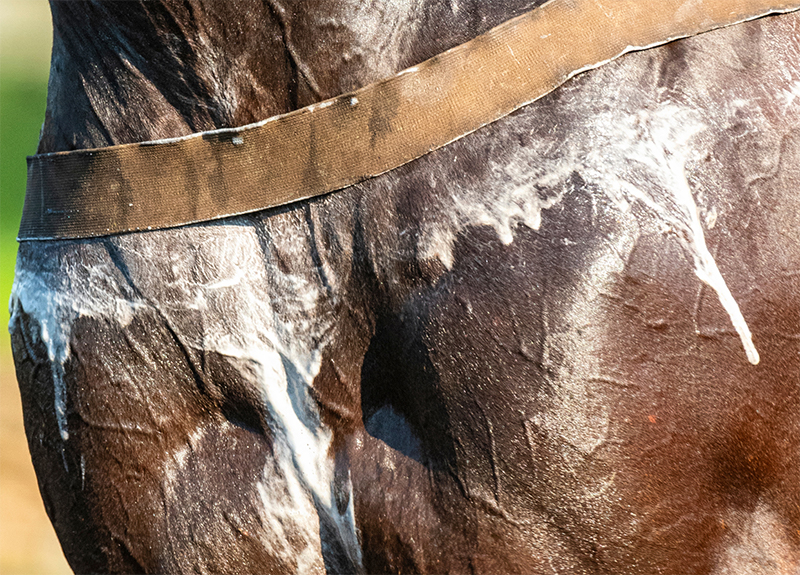
Heat Exhaustion in Horses. Don’t Miss This.
Summertime in East Tennessee can be brutal, and these hottest days of August are of prime concern. Heat exhaustion in horses is a serious concern, especially during these hot and humid weather conditions. Horses can easily become overheated and suffer from heat-related illnesses, even just during normal activities. Heat exhaustion occurs when a horse’s body…
-
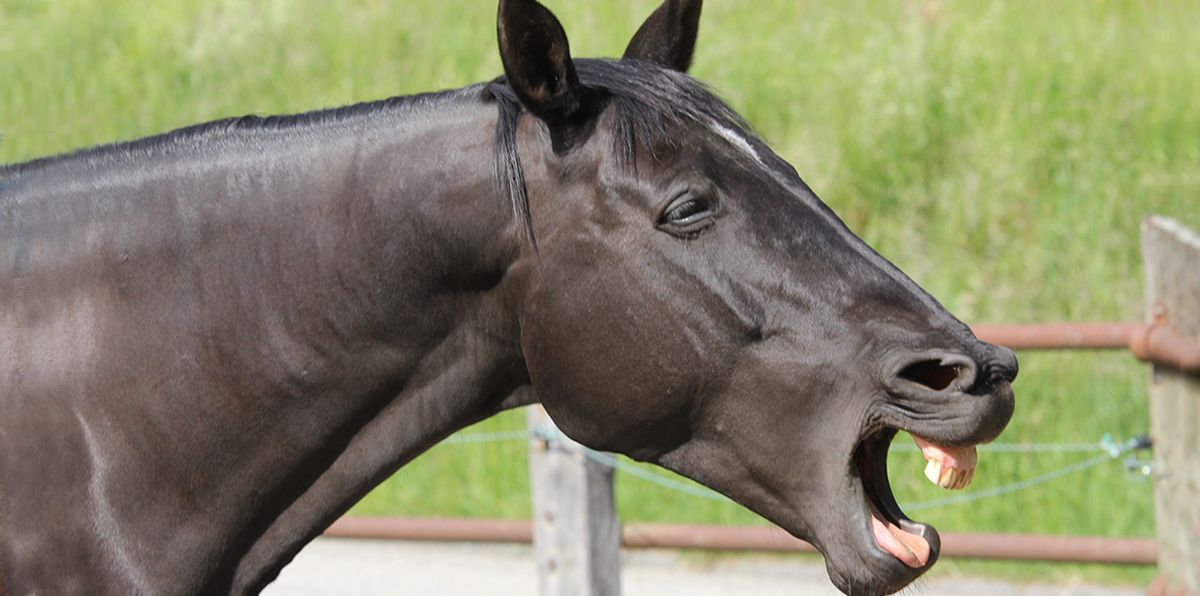
Let’s talk about choke in horses. Can you recognize it?
Have you ever swallowed something like a dry piece of meat the wrong way and it wasn’t able to go down the right way? It happens with horses too. You probably can already read your horse’s expressions, so when she has an alarmed or confused expression, you know to take notice and carefully consider why…
-
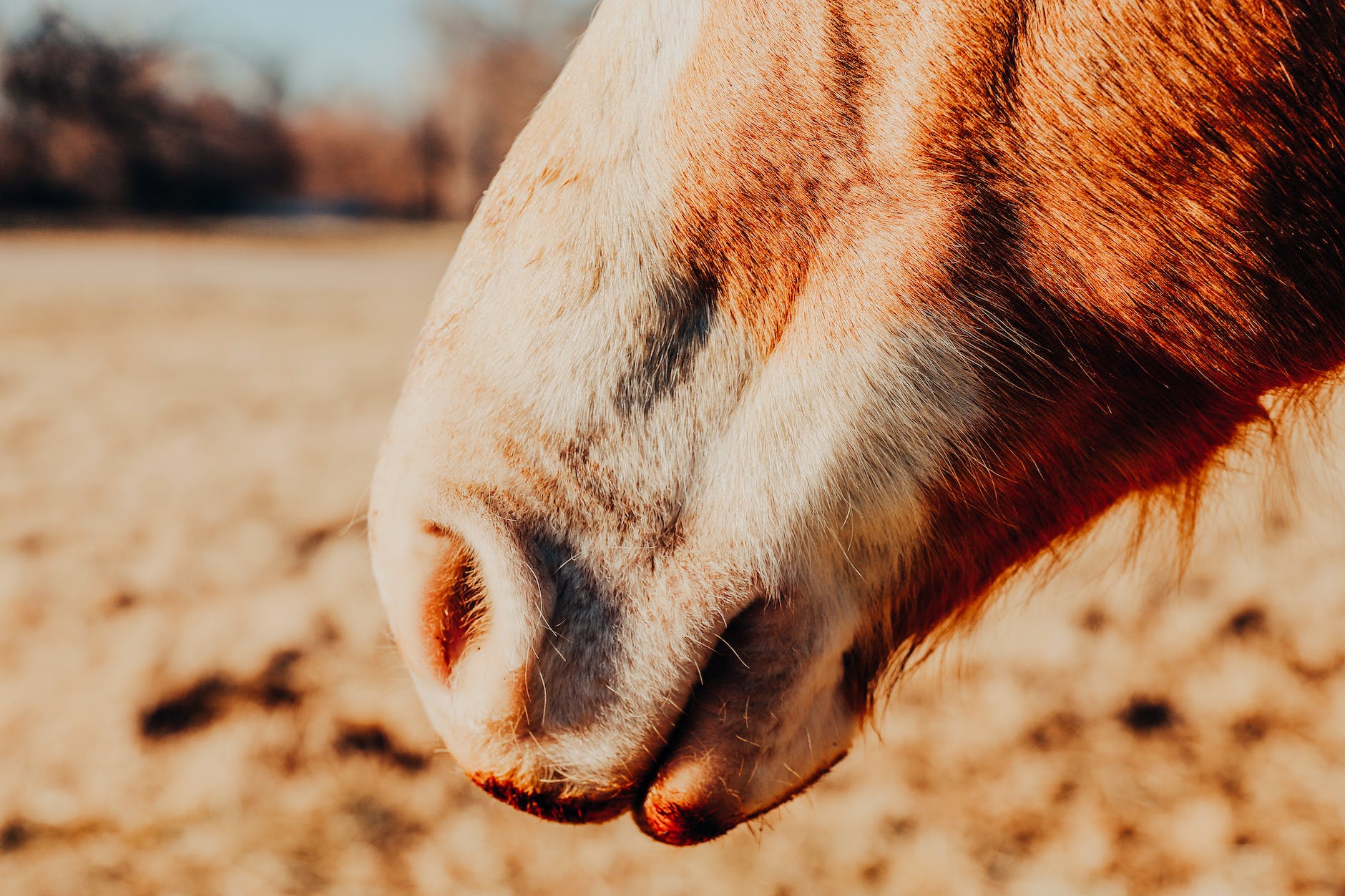
✔️Breathing Is Important. Let’s Talk About Horse Heaves.
Horse heaves, also known as equine asthma, is a serious respiratory condition. Like asthma in humans, heaves cannot be cured, but it can be managed if you control the horse’s environment. Maybe you’ve had it under control for months, and then… A single dust flake triggers a flare up and before you know it after…
-

A Case of the “Slobbers”
No, your horse isn’t slobbering because she wants your dinner. But what she may want you to do is check your pasture for clover. Why do they slobber and drool? Any animal that grazes runs the risk of consuming plants and seeds that may harbor spines, burrs, or sharp bristles. These can cause drooling due…
